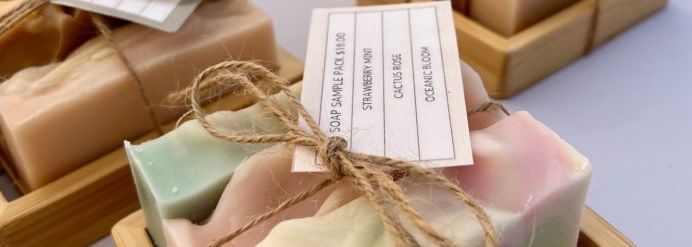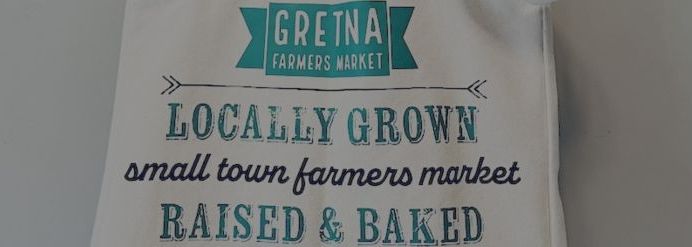We all love a clean-smelling home or a warm, fragrant candle, but not all scents are created equal. From air fresheners and cleaning sprays to body lotion and candles, synthetic fragrance hides in more products than you might expect. And while that “fresh linen” or “tropical breeze” scent may seem harmless, it could do more harm than good.
Even if you abstain from using fragrance, you’re still exposed to it in society. That’s why some health advocates have referred to synthetic fragrance as “the new secondhand smoke.”
Here’s why and what to use instead.
What Is Synthetic Fragrance?
“Fragrance” on a label might sound simple, but it’s a catch-all term that can include hundreds of undisclosed chemical compounds. Because fragrance formulas are considered trade secrets, companies aren’t required to list exactly what’s inside.
These mystery chemicals can include:
Phthalates, which help scent stick to your skin (and are linked to hormone disruption)
Volatile organic compounds (VOCs) that contribute to indoor air pollution
Synthetic musks, which can build up in the body over time
Fragrance is commonly found in:
Candles and wax melts
- Cleaning sprays and detergents
- Hand soap and dish soap
- Shampoo, lotion, deodorant
- Dryer sheets and air fresheners
Even products labeled “unscented” can still contain masking fragrances to neutralize smell.
Why Is It a Problem?
For some, synthetic fragrances are an immediate trigger, causing headaches, asthma, sneezing, dizziness, or skin irritation. For others, the impact is slower and more subtle, but long-term exposure has been linked to:
- Endocrine disruption
- Respiratory issues
- Skin sensitivities
- Reproductive toxicity
Like secondhand smoke, these effects don’t just impact the person using the product; they can affect anyone who breathes in the air nearby, including pets and children.
What Are the Alternatives?
The good news is that you don’t have to give up scent; you just have to be intentional about where it comes from.
Essential oils are one of the most popular alternatives. Derived from plants, they offer a natural, nontoxic way to scent your home, clean your space, and care for your body.
Try these swaps:
- Choose fragrance-free or essential oil - scented soaps and lotions
- DIY your own cleaning sprays with vinegar, water, and a few drops of lemon or lavender oil
- Use an essential oil diffuser instead of chemical air fresheners
At your local farmers market, you’ll often find small-batch soap makers, candle makers, and beauty artisans who use essential oils instead of synthetic chemicals. This makes it easier to shop clean and support local.
Don’t Be Fooled by "Fragrance"
We’re surrounded by synthetic scents every day, but becoming aware of them is the first step toward making better choices. Read labels. Ask questions. Choose products with transparency and clean ingredients.
When protecting your air, your health, and your peace of mind, natural scent is a breath of fresh air. Come explore the local goods at Gretna Farmers Market, where many of our makers craft small-batch candles, soaps, and skincare with ingredients you can trust (and pronounce).
Shop clean. Shop local. See you on the bricks!














